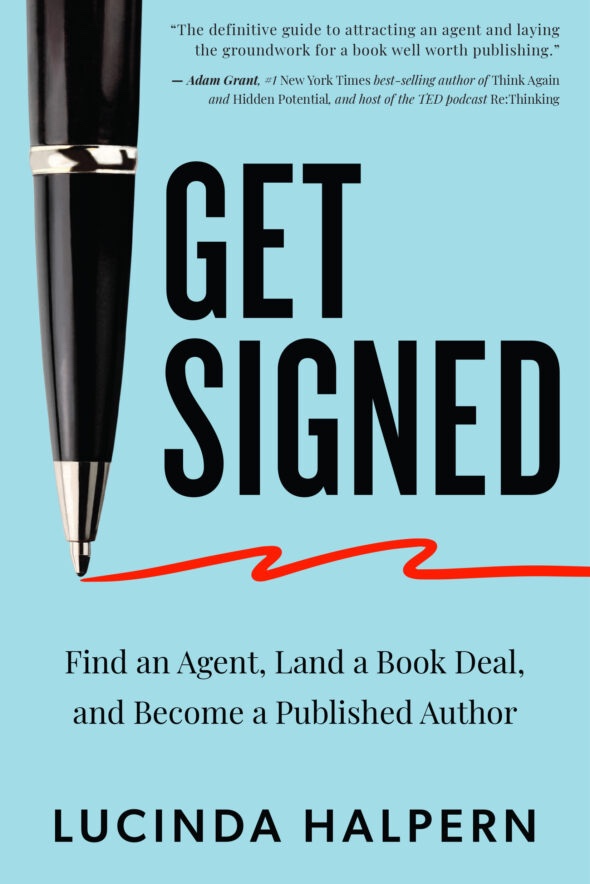Search
Make the Most of Your Writing Productivity
 May! The unofficial start of summer – a time for longer days, fresh energy, and maybe even a little progress on that book you’ve been meaning to finish. With its lighter pace, early summer is the perfect moment to reset and let your creativity flow.
May! The unofficial start of summer – a time for longer days, fresh energy, and maybe even a little progress on that book you’ve been meaning to finish. With its lighter pace, early summer is the perfect moment to reset and let your creativity flow.
As the season kicks off, it’s also a great time to think about how to maintain writing momentum. So let’s dive into one of the most common questions we hear from writers: how do I stay productive?
Writing a book is monumental. But let’s debunk a myth right now – you don’t need to dedicate entire days or hours on end to the cause (although if you can, my hat’s off to you!).
Most of us have writing rituals – the perfect coffee, a cozy desk, the right lighting – that help us focus. But life happens. A child interrupts. A meeting pops up. Sound familiar? You’re not alone. The key to writing productivity is realizing that real progress can happen in just a few focused minutes.
Got 10 minutes? Try this out…
Reverse outline your material: Step back and sketch your book’s structure – chapter by chapter, section by section. Each point should capture the essence of the main idea. Then, assess how smoothly the sections flow and connect, building up your story or argument. Need more outlining advice? Check out our article here.
Pen a paragraph: Don’t underestimate the power of a single paragraph. It might evolve into a chapter that dazzles in your proposal, catching the keen eye of an agent. Or it could simply add a layer to your book – remember, every small step counts. After you’re done, read it aloud and fine-tune it based on what your ears catch.
Ping a trusted reader: Email a friend or industry contact for feedback. Make it a win-win by offering something in return – insight, support, or a future read of their work.
Only have 5 minutes? Give these a shot…
Jot key points: For fiction, note the plot’s main action points. For nonfiction, capture your main takeaway. Don’t stress about perfection at this stage. Just get the core ideas down on paper!
Hunt for a “comp” (comparable book): Hop on Amazon and scout for recent titles in your genre. You might stumble upon a gem that can strengthen your proposal – and spark fresh inspiration.
No more than 3 minutes? Here’s your go-to list…
Pitch your book to yourself: Whether you’re walking the dog, tidying up, or doing a plank, practice pitching your book in 2 lines. You can use this material to start piecing together a full elevator pitch; this is an essential item you’ll need whether you’re next querying agents or presenting your work to outlets like NPR for a potential media interview. Try to get right to the meat of your project: What’s the essence of your narrative or your book’s message? Why should readers care? How will it captivate your targeted audience? Picture yourself explaining it to someone new to the genre or a seasoned enthusiast. These mental exercises can lead to eye-opening revelations about your audience’s needs.
Envision your characters in everyday situations: For fiction writers, let your characters tag along in your mind. Picture them at a coffee shop, ordering their favorite brew. Imagine how they’d react when faced with a challenging task. These vivid characterizations can help you breathe life into your creations on the page.
Writing Productivity Happens in Small Moments
Progress doesn’t only happen at your desk. Your best ideas can strike when you least expect them. Elevator rides, showers, grocery store queues, laundry folding – these seemingly mundane instances can become opportunities to move your book forward. So, shift your mindset, and always carry your book with you in mind.
I assure you: no matter where you are in your process – brainstorming, writing, or editing – you’re moving forward.
Happy writing!
If you’re just starting out, explore our beginner resources on Get Signed








